myWW Blue Plan Everything You Need to Know

The WW Blue Plan, formerly known as WW Freestyle, is a weight loss program that provides a personalized SmartPoints budget and a list of ZeroPoint foods. A plan where you get 200+ Zero Point foods. This differs from the myWW GreenPlan where you get 100+ zero point foods and the myWW Purple plan where you get a whopping 300+ zero point foods.
myWW Blue Plan
Are you excited about the new plans? If you are not and are having success on the current plan you are in luck. myWW has made it easy to stay right where you are. The Freestyle plan changed its names to the myWW Blue Plan but it is still the same plan. You get all of the benefits of the 200+ zero point foods.
If you are new to myWw or new again, here is the breakdown of the myWW blue Plan. you get 23 minimum daily points, and weeklies both values are based on your height, weight, gender, as well as other factors. If you need help deciding which plan is best for you, take the assessment test and see what the results are. The test is just a guideline to help you to decide where to start. You can change plans at any time. It does not cost you to change plans and it is very easy to do within the app.
When you switch plans the app recalculates all of your recipes for you. So it updates everything. This is a game changer for me 🙂
On the myWW website, you will find sample meal plans to help you adjust to the Blue Program, including vegan meals. The app has over 8,000 recipes all color-coded to help you track better and easier.
myWW Assessment
Do you really like the Zero Point foods list? Do you want more foods to be zero points (and are happy to have fewer SmartPoints)? PURPLE might be a great option for you because of the addition of Zero Point foods like oatmeal, whole-wheat pasta, potatoes, and fat-free cottage cheese. Purple, in my opinion, requires more discipline and knowing portion control. If you do not have an issue with portion control (I do), then go purple 🙂 If you do have an issue or you want more smart points then starting with blue or green may be a better option. If you are confused, take an assessment test to get a starting point.
Are All of the Plans Still Using Smart Points?
Yes! The points are all calculated the same. How many points you get varies. myWW takes into account various things to come up with your specific points and weeklies. You can read more about that here.
How are Smart Points Calculated?
While you are here snag the free 5-day Blue Meal Plan to get you going in the right direction 🙂
The smart Points formula is based on:
- calories
- saturated fats
- protein
- sugar
Calories are used to create the base number for each food or drink. Saturated fats and sugar raise the smart point value while protein lowers the value.
How many SmartPoints do I get on the Blue Plan?
The Blue Plan is the same as Freestyle so you get a minimum of 23 points with 200+ zero-point foods.
Do I get Rollover Points on the Blue Plan?
Yes, all of the plans have rollover points. All of the new plans will allow you to rollover 4 unused Smartpoints daily to be added to your weekly points. If you have a low point day you can use 4 of those points on a different day. Balance is the key to success here.
Does the Blue Plan have Weeklies?
Yes! All of the plans also have weeklies to use when you go over your daily points. Should you be using your weeklies? Some people say yes some say no. It truly depends on how you lose weight. how you lose weight, how your body changes throughout the weight loss process will determine if you should be eating your weeklies or not.
Check out my post about eating weeklies for more information. I have used weeklies to get over a plateau and to give my metabolism a boost. Everyone is different and learning about your body and how it reacts is the key to having the most success. 🙂
How many Zero Point Foods are on the Blue Plan?
The blue plan has 200+ zero-point foods. Be careful because zero-points doesn't mean zero calories. I have to track my sugar intake as well to avoid plateaus. I still lose weight when I don't track as much but when I track my fiber and sugar intake I lose faster and keep it off longer. I have also found that I don't plateau as often.
Can I Switch Plans?
Absolutely, you can switch plans anytime you like. myWW asks that you give your current plan at least 2 weeks before changing to another plan. This is to give your body time to adjust to a different way of eating before you decide it isn't for you. We all know our bodies and how we are adjusting to different patterns of eating. That being said, make sure you are changing for the right reasons and you are focused on making the best decisions for your own personal health goals.
Check Out What Amanda Lewis eats in a day on the Blue Plan
Pros and Cons of the myWW Blue Plan
There are pros and cons to all three plans here are a few to consider if you are thinking of choosing the Blue Plan:
Pro's: more freedom than the Green Plan, More zero point foods than green so fewer foods to actively track.
Con's: Like with the Purple Plan there are fewer boundaries, many of the zero point foods are higher in Carbs. Some of us (me!!) have found that we overeat the starchier vegetables and fruits. Watch out for that.

Recap of the Blue Plan
- Samrtpoints start at 23 on the Green Plan you start with 30, on the Purple Plan 16
- 200+ Zero Point foods, on the Green Plan 100+, on the Purple Plan 300+
- Rollover Points? yes
- Weeklies? yes
- Fit Points? yes

200+ Zero Point Foods
Here is the list of zero-point foods on the myWW Blue Plan. I have included carbs, calories and fiber for each in a free printable. Check it out here 🙂
Beans and Legumes
- Adzuki beans
Alfalfa sprouts
Bean sprouts
Black beans
Black-eyed peas
Cannellini beans
Chickpeas
Edamame
Fava beans
Great Northern beans
- Hominy
- Kidney beans
- Lentils
- Lima beans
- Lupini beans
- Navy beans
- Pinto beans
- Refried beans, canned, fat-free
- Soybeans
Chicken & Turkey Breast
- Ground chicken breast
- Ground turkey, 98% fat-free
- Ground turkey breast
- Skinless chicken breast
- Skinless turkey breast
Eggs
- Egg substitute
- Egg whites
- Egg yolks
- Eggs
Fish/Shellfish
- Abalone
- Alaskan king crab
- Anchovies,
- in water
- Arctic char
- Bluefish
- Branzino
- Butterfish
- Canned tuna,
- in water
- Carp
- Catfish
- Caviar
- Clams
- Cod
- Crabmeat, lump
- Crayfish
- Cuttlefish
- Dungeness crab
- Eel
- Fish roe
- Flounder
- Grouper
- Haddock
- Halibut
- Herring
- Lobster
- Mahi-mahi
- Monkfish
- Mussels
- Octopus
- Orange roughy
- Oysters
- Perch
- Pike
- Pollock
- Pompano
- Salmon
- Sardines,
- canned in water
- or sauce
- Sashimi
- Scallops
- Sea bass
- Sea cucumber
- Sea urchin
- Shrimp
- Smelt
- Smoked haddock
- Smoked salmon
- Smoked sturgeon
- Smoked trout
- Smoked whitefish
- Snails
- Snapper
- Sole
- Squid
- Steelhead trout
- Striped bass
- Sturgeon
- Swordfish
- Tilapia
- Trout
- Tuna
- Turbot
- Wahoo
- Whitefish
Fruits
- Apples
- Applesauce,
- unsweetened
- Apricots, fresh
- Bananas
- Blackberries
- Blueberries
- Cantaloupe
- Cherries
- Clementines
- Cranberries, fresh
- Dragon fruit
- Figs, fresh
- Frozen mixed berries,
- unsweetened
- Fruit cocktail,
- unsweetened
- Fruit salad,
- unsweetened
- Grapefruit
- Grapes
- Guava
- Honeydew
- Kiwi
- Kumquats
- Lemons
- Limes
- Mangoes
- Meyer lemons
- Nectarines
- Oranges
- Papayas
- Peaches
- Pears
- Persimmons
- Pineapples
- Plums
- Pomegranates
- Pomelo
- Raspberries
- Star fruit
- Strawberries
- Tangerines
- Watermelon
Nonfat Yogurt & Yogurt
- Greek yogurt,
- plain, nonfat
- Plain yogurt,
- nonfat
- Quark, plain,
- up to 1% fat
- Soy yogurt, plain
Tofu & Tempeh
- Firm tofu
- Silken tofu
- Smoked tofu
- Soft tofu
- Tempeh
Vegetables (Starchy)
- Canned corn
- Corn
- Green peas
- Parsnips
- Peas
- Split peas
- Succotash
Vegetable (Non-Starchy)
- Acorn squash
- Artichoke hearts,
- no oil
- Artichokes
- Arugula
- Asparagus
- Baby corn
- Bamboo shoots
- Basil
- Beet greens
- Beets
- Bok choy
- Broccoli
- Broccoli rabe
- Broccoli slaw
- Brussels sprouts
- Butter/Bibb lettuce
- Butternut squash
- Cabbage
- Canned pimientos
- Carrots
- Cauliflower
- Cauliflower rice
- Celery
- Chives
- Cilantro
- Coleslaw mix
- Collard greens
- Cucumber
- Eggplant
- Endive
- Escarole
- Fennel
- Frozen stir-fry
- vegetables, no sauce
- Garlic
- Ginger
- Green leaf lettuce
- Hearts of palm
- Iceberg lettuce
- Jicama
- Kale
- Kohlrabi
- Leeks
- Mint
- Mixed greens
- Mushrooms
- Mustard greens
- Napa cabbage
- Nori (seaweed)
- Oakleaf lettuce
- Okra
- Onions
- Oregano
- Parsley
- Pea shoots
- Peppers
- Pickles,
- unsweetened
- Pico de gallo
- Pumpkin
- Pumpkin puree
- Radishes
- Red leaf lettuce
- Romaine lettuce
- Rosemary
- Rutabaga
- Salsa, fat-free
- Sauerkraut
- Scallions
- Shallots
- Spaghetti squash
- Spinach
- String beans
- Summer squash
- Swiss chard
- Tarragon
- Thyme
- Tomatillos
- Tomato puree,
- canned
- Tomato sauce,
- canned
- Tomatoes
- Turnips
- Water chestnuts
- Wax beans
- Zucchini

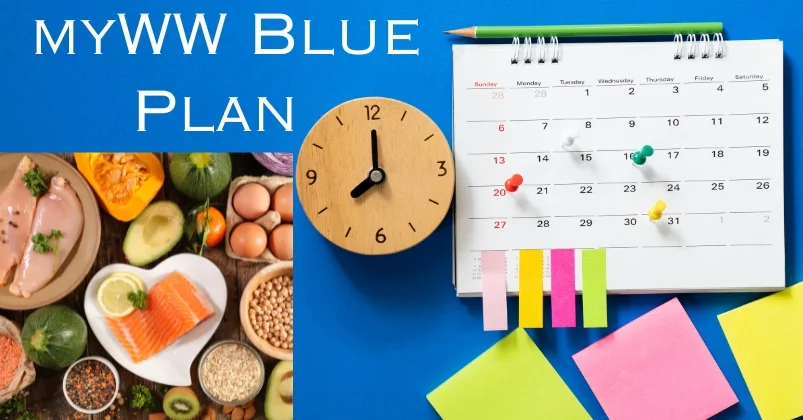
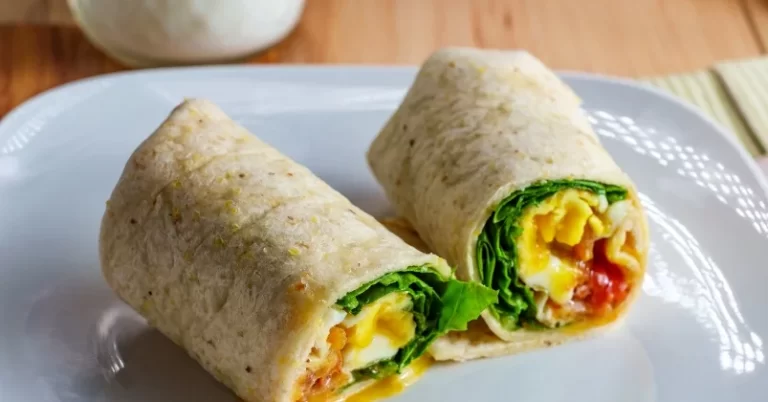
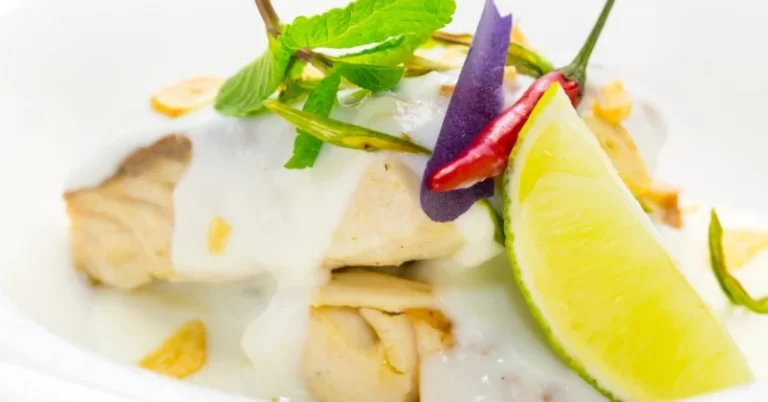
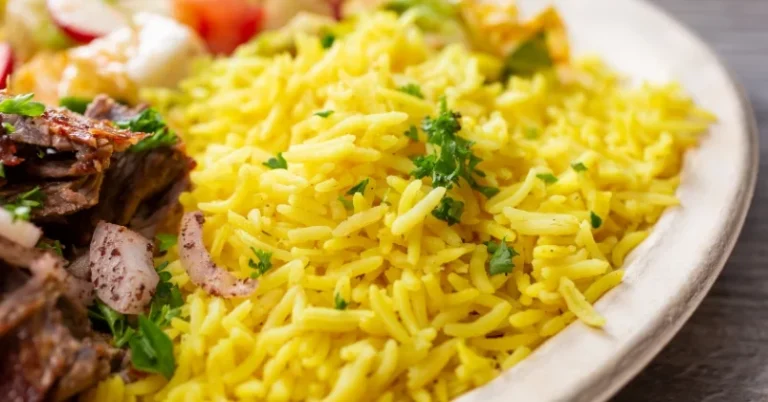
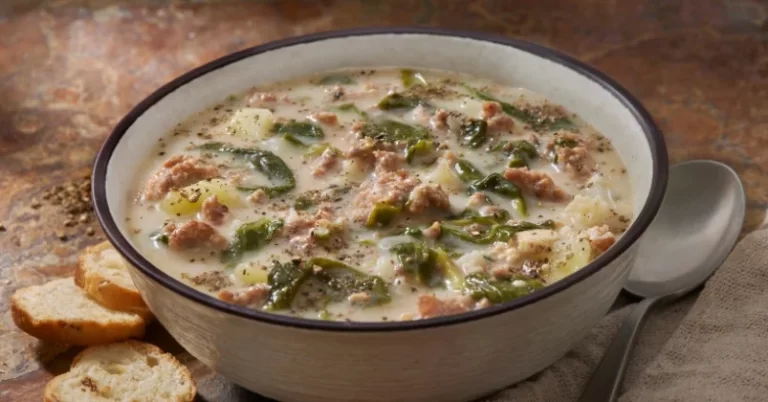
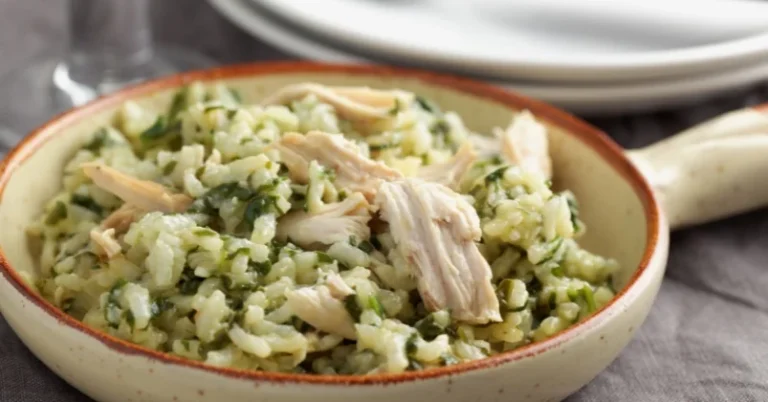
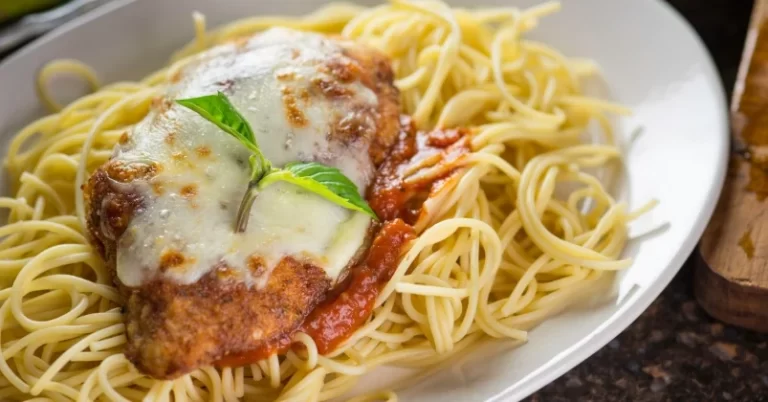

Awesome video. Keep them coming as i need recipe ideas that are not overly fancy.